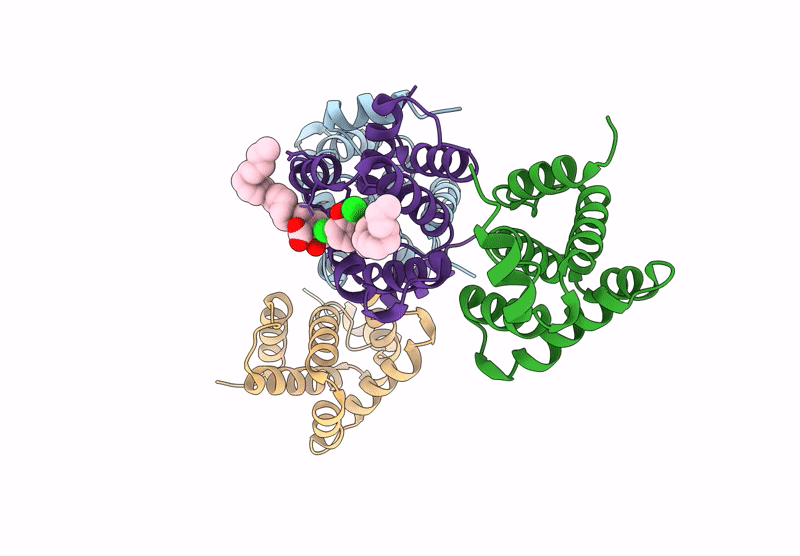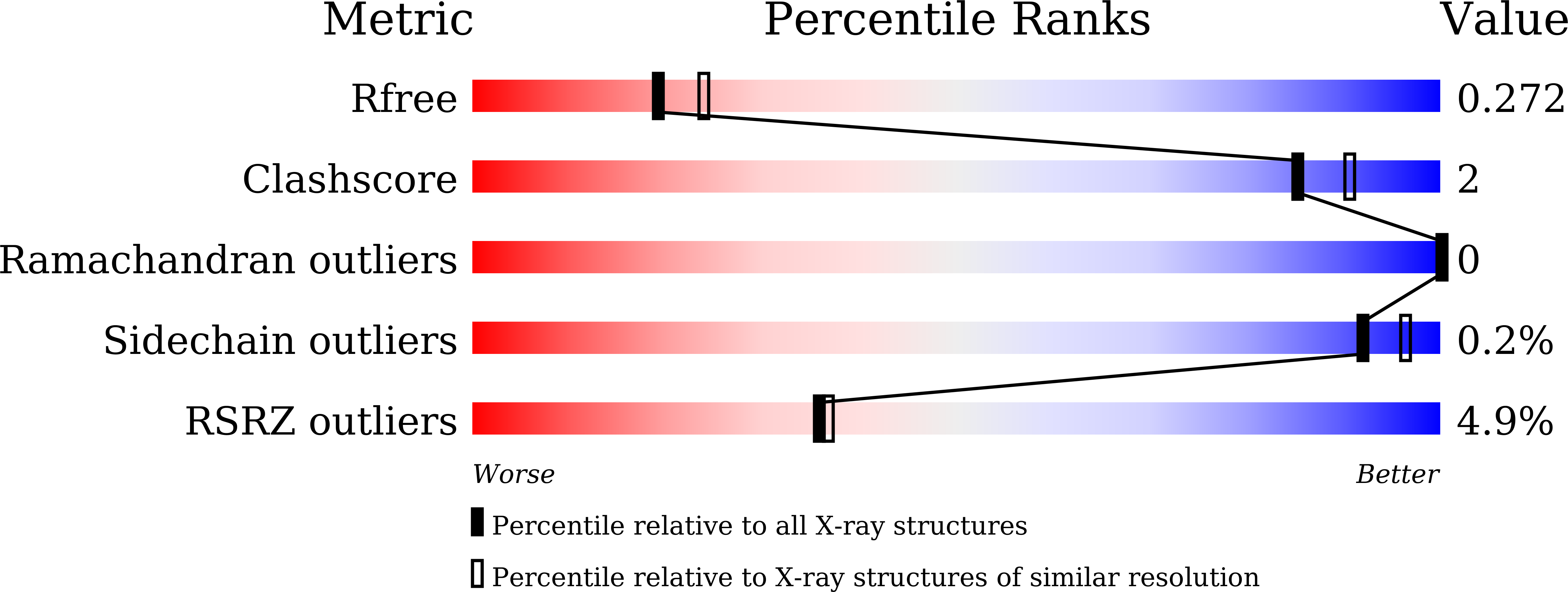
Deposition Date
2024-09-27
Release Date
2025-04-23
Last Version Date
2025-04-23
Method Details:
Experimental Method:
Resolution:
2.29 Å
R-Value Free:
0.26
R-Value Work:
0.21
Space Group:
P 1


